RADIATE: Research And Development with Ion Beams – Advancing Technology in Europe
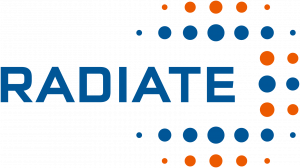
Ionoptika has joined forces with 14 partners from public research and 3 other SMEs for the RADIATE project, exchanging experience and best practice examples in order to structure the European Research Area of ion technology application.
Besides further developing ion beam technology and strengthening the cooperation between European ion beam infrastructures, RADIATE is committed to providing easy, flexible and efficient access for researchers from academia and industry to the participating ion beam facilities. About 15,800 hours of transnational access in total is going to be offered free of charge to users who successfully underwent the RADIATE proposal procedure.
Joint research activities and workshops aim to strengthen Europe’s leading role in ion beam science and technology. The collaboration with industrial partners will tackle specific challenges for major advances across multiple subfields of ion beam science and technology.
RADIATE aims to attract new users from a variety of research fields, who are not yet acquainted with ion beam techniques in their research, and introduce them to ion beam technology and its applicability to their field of research. New users will be given extensive support and training.
The project is monitored by an External Advisory Board for quality assurance and guidance. Users with accepted proposals for RADIATE’s transnational access program are selected by an external user selection panel to ensure an unbiased and fair selection process.
RADIATE is building on the achievements of SPIRIT (Support of Public and Industrial Research using Ion Beam Technology), a previous EU funded project coordinated by the Helmholtz-Zentrum Dresden-Rossendorf (HZDR). SPIRIT ran from 2009 to 2013 and united 7 European ion beam centers and 4 research providers.
To learn more about RADIATE or to get involved, please visit the website.

This project has received funding from the European Union’s Horizon 2020 research and innovation programme under grant agreement No 824096
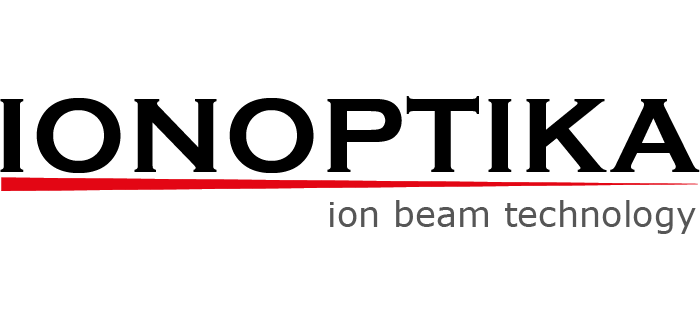
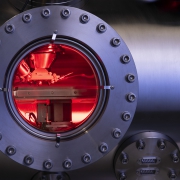 Ionoptika 2020
Ionoptika 2020 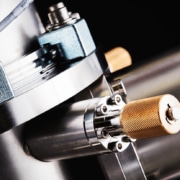
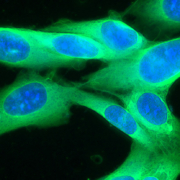
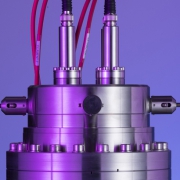 Ionoptika
Ionoptika 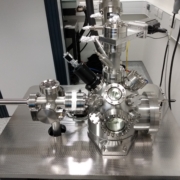
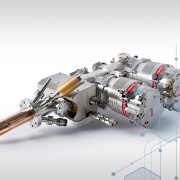 Ionoptika 2020
Ionoptika 2020